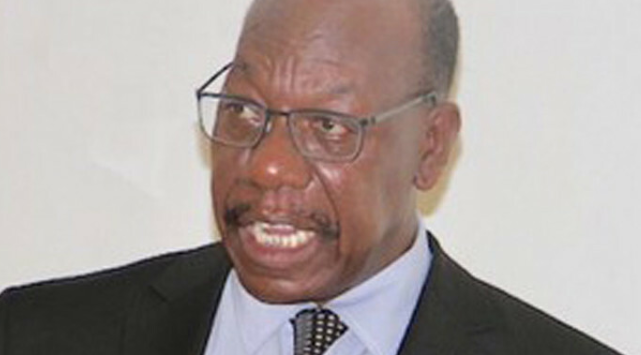There is growing public anxiety and despair ahead of the expiry of the Transitional Period which ends in February next year, without the completion of critical pending tasks of the revitalized agreement, according to RJMEC.
The Reconstituted Joint Monitoring and Evaluation Commission (RJMEC) is among other things mandated to monitor and oversee all aspects of the implementation of the revitalized peace agreement.
Speaking during the 22nd plenary meeting of (RJMEC) in Juba on 2 June 2022, the commission’s Interim Chairperson, Amb. Maj. Gen. Charles Tai Gituai said delays in implementation of the agreement have consequences as seen in the recent military defections and attendant violence.
“The R-ARCSS lays the foundation for a united, peaceful, and prosperous society based on justice, equality, respect for human rights, and the rule of law,” Gen. Gituai said. “Continuous delays in the implementation of the agreement have consequential effects as witnessed in the recent incidents of military defections and the associated violent confrontations.”
He expressed “serious concerns” regarding the continuous occupation of civilian centers by the South Sudan People’s Defence Force (SSPDF) and SPLA-IO and attacks by the SSPDF on the SPLA-IO forces in Upper Nile and Unity states.
“Most disturbingly, he said, are reports of Sexual and Gender-Based Violence (SGBV) in Koch and Leer Counties in Unity State, including deaths of unspecified numbers of people, destruction of property, and displacement of civilians,” the RJMEC statement said.
According to the commission, among the key pending tasks related to the Permanent Ceasefire and Transitional Security Arrangements in Chapter II are Completion of the unification of the command structure at all levels of rank and file; and Graduation and redeployment of Phase I of the Necessary Unified Forces (NUF) and commencement of Phase II cantonment and training.
The others are operationalization and funding of the Disarmament, Demobilization, and Reintegration (DDR) programs as a critical component of unification of forces and long-term security; Logistics support for cantonment sites and training centers; and Complete demilitarization of all civilian centers.
Gen. Gituai highlighted some of the cross-cutting challenges which remain an obstacle to the implementation of the R-ARCSS as the delayed unification of forces, lack of sufficient funding, military defections, trust deficit among parties, insufficient political will, capacity gaps, and the cumulative effects of prolonged subnational conflicts across the country.
“Maj. Gen. Gituai further stressed the importance of the Permanent Constitution-making process and the need to carefully incorporate planning for the electoral process,” the statement said. “He reiterated the need for RTGoNU to urgently develop a roadmap on the way forward, in regard to the implementation of the remaining tasks, considering the limited time left before the expiry of the Transitional Period.”




